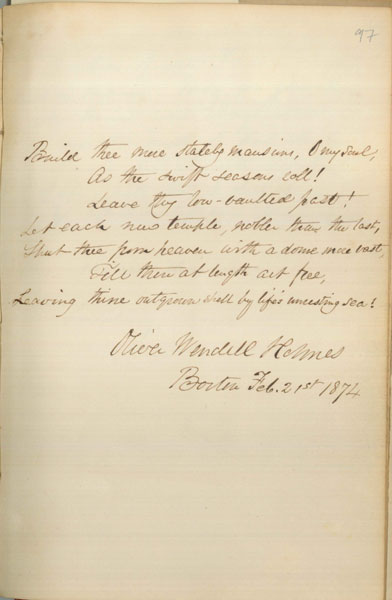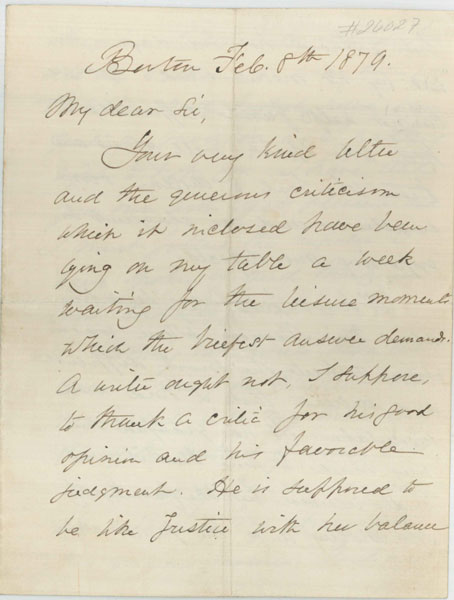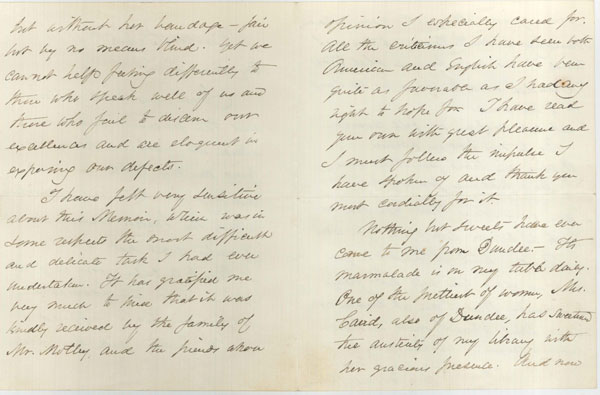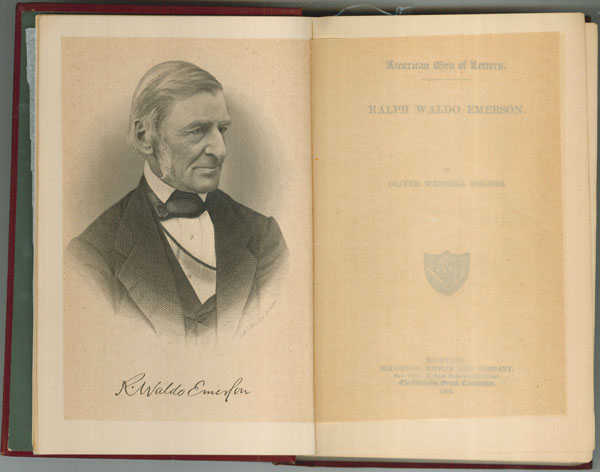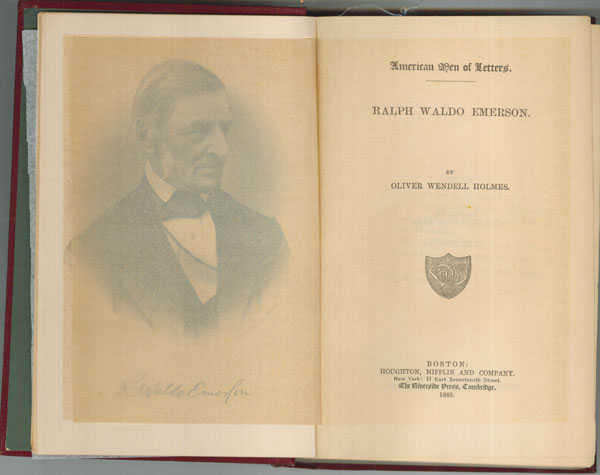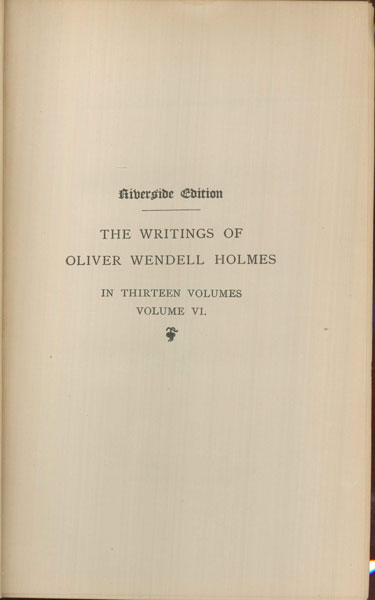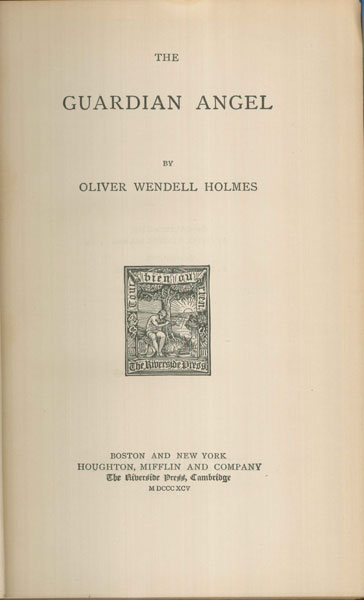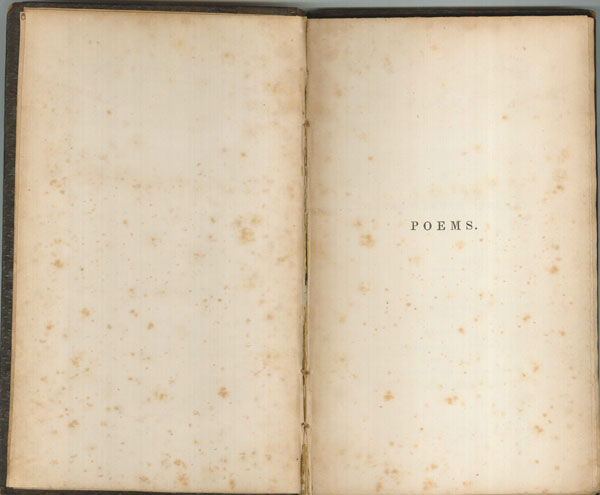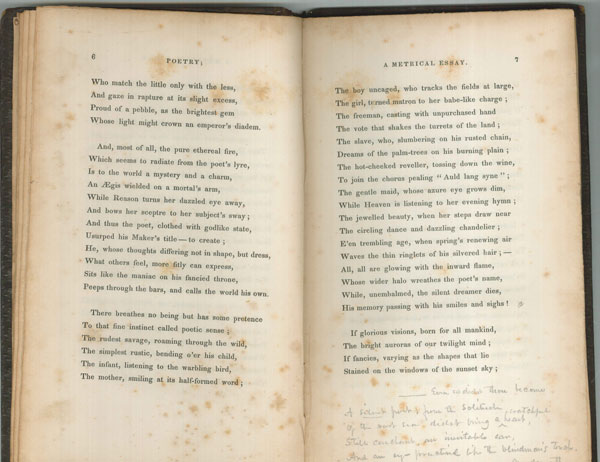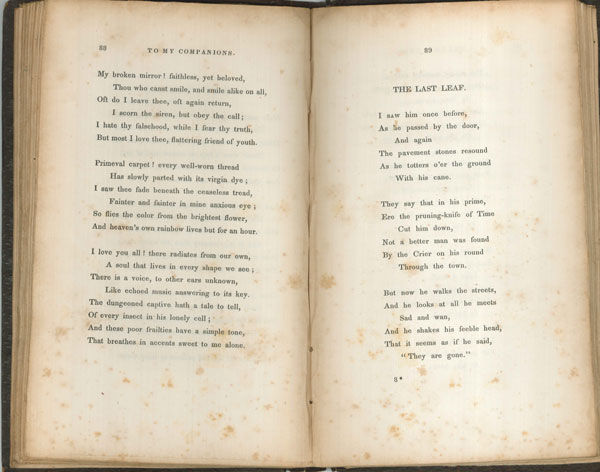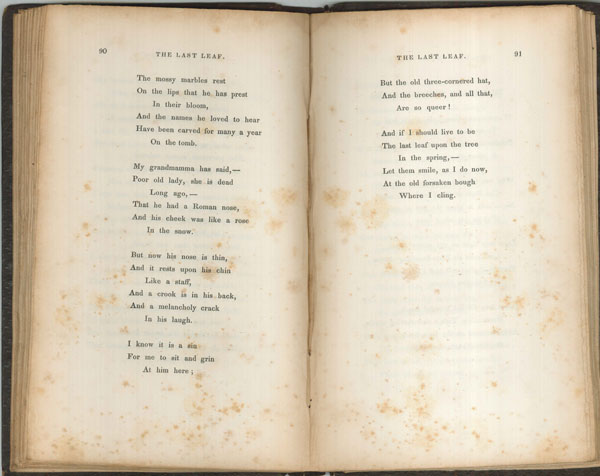Borrowing its title from a collection of essays by C. S. Lewis, this series, “They Asked For A Paper,” highlights interesting items from the Armstrong Browning Library’s collection and suggests topics for further research.
By Melinda Creech
Manuscripts Specialist, Armstrong Browning Library
Two months ago I published a blog about some Chinese manuscripts I had come across while preparing manuscripts at the Armstrong Browning Library for a digital collection. I had determined that the manuscripts were given to the Armstrong Browning Library by Dryden Phelps, nephew of William Lyon Phelps, American author, critic, professor, and Browning scholar. Recently I uncovered a folder containing over 200 letters between Dryden Phelps and the directors of the ABL, Dr. A. J. Armstrong and Dr. Jack Herring. The letters reveal a little more of the story.
After taking degrees from Yale College, Yale School of Religion, and studying at Queens College Oxford, Dryden Phelps became a missionary of the American Baptist Foreign Mission Society, teaching for thirty years at the West China Union University in Chengu Szechuan. The mission of the school was “the advancement of the Kingdom of God by means of higher education in West China under Christian auspices.” Dryden taught English literature at WCUU, taught psychology, homiletics, and New Testament at Union Theological College, WCUU, and organized and built the University Cathedral Church on the campus of WCUU.
Although his uncle, William Lyon Phelps, actually knew Robert Barrett Browning and Dr. Armstrong, Dryden’s connection with Dr. Armstrong began, as the letter below illustrates, when he answered an ad in the Baylor Bulletin, 28 April 1928: “Wanted: Browning in Chinese.”
Dryden, who had been teaching for two years at WCUU, was charged with teaching a class on Tennyson and Browning. He records that members of his class translated a number of the shorter poems into Chinese. Although at that time he was on furlough in California, Dryden promised to send the translations to Dr. Armstrong upon his return to China. These are the poems displayed in the earlier blog. And the correspondence began. Dr. Armstrong sent bits of Browning literature to China, and Dryden sent bits of Chinese culture back to Dr. Armstrong.
In the letter above Dryden reports that “several years ago Browning was voted the most popular English poet by the Chinese students in America. The reason? Because he is terse, succinct, witty, epigramatic, unique in a brilliant use of words, profound, a lover of nature, and of human nature, a lover of life. Last year, perhaps I wrote you, I spent several hours a week with one of the most accomplished scholars in West China (in the city of Chengtu, the old home of Chinese poets and statesmen). Half of the time I studied Chinese lyric poetry with Mr Song; half of the time we read Browning together. When we finished, he exclaimed, ‘This is an amazement to me; I never realized that you in the West had any poets who could think, and write, as Browning does. Why, he is like one of our own poets!’ One of the highest services we can render China at this moment is to open her eyes to such men as Browning.”
Again in a letter of 10 December 1928, Dryden affirms that “there is not the slightest question in my mind but what Browning will become the favorite foreign poet of the Chinese instantly he becomes known for there is a striking similarity between his thought imagery and style and that of the old T’ang and Song poets.” In a letter of 31 July 1934, he asserts “that Browning’s penetrating understanding of life and his absolute devotion to God and understanding of his love will be like a great stream of clear water running through the new life in the Far East.”
In the letter above, Dryden sends the “Yenching Hymnal containing a translation of Browning’s poem, probably by the editor & poet Prof. T. C. Chao of Yenching.”
With this letter Dryden sends the copy of Browning’s poem made into a hymn, displayed in the earlier blog and recounts a Chinese poet’s rendition of “The Grammarian’s Funeral.”
Dryden continued to correspond with Dr. Armstrong, who furnished the WCUU library with Browning materials. Shortly before the Armstrong Browning Library opened, Dryden and his wife Margaret visited Dr. Armstrong in Waco.
Dryden thanks Dr. Armstrong for his hospitality.Margaret and I leave Waco with your loving hospitality warm within our hearts. To see and come to know you, to see the glorious library, the work of your hearts and minds, is an American experience that will be remembered and remembered. You two precious people belong to the givers of the world.
You [have impressed] Margaret & we feel that we may join that inside circle of those who love you. And that library set in the midst of these generations of young people, placing steadily before their faces the primacy of truth and beauty & love —
We can never forget this day.
Dryden never had the chance to visit the Armstrong Browning Library, but he reciprocated Armstrong’s generosity by passing on some items that he inherited from his uncle’s estate to the Armstrong Browning Library, probably most notably the copy of The Guardian Angel painting which hangs in the John Leddy-Jones Research Hall.













